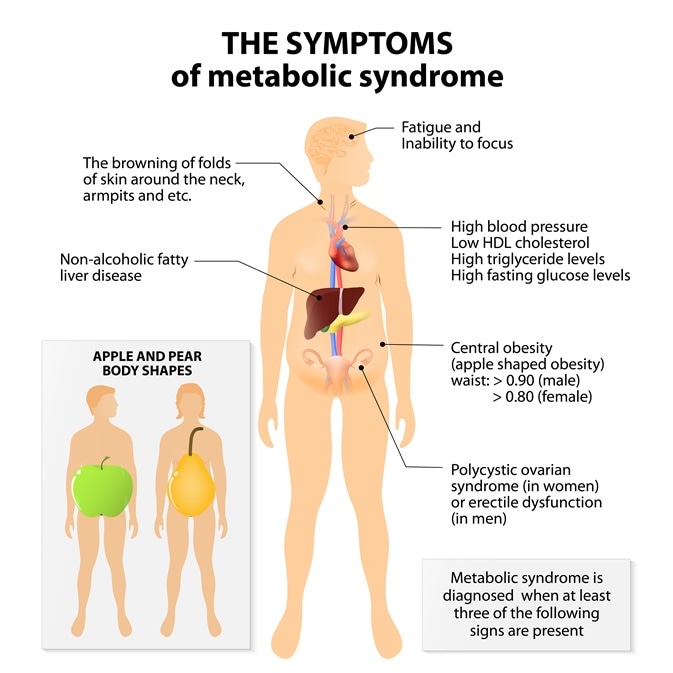Also called weight loss surgery, bariatric surgery is a procedure used to treat people who have become dangerously obese.
Life-threatening obesity is defined by the following:
- A body mass index (BMI) of 40 or more.
- A BMI of 35 or more and the presence of a serious metabolic risk factor that would benefit from weight loss such as type 2 diabetes or hypertension.
Types of Bariatric Surgery
The three main types of bariatric surgery include:
- Gastric band procedure – The size of the stomach is reduced by the use of a band placed around the stomach. By effectively reducing the storage capacity of the stomach, it follows that less ingested food is required to make a person feel full.
- Gastric bypass – The stomach is divided into a smaller upper portion and a larger lower portion. The smaller section is connected to a part of the small intestine. Food then only passes into the smaller part of the stomach and this section of the intestine, bypassing the remaining stomach and bowel. The new stomach absorbs less calories than before and this reduces the amount of food a person needs to eat to make them feel full.
- Sleeve gastrectomy – A part of the stomach is removed to reduce its size and make a person feel full after eating only small portions of food.
People who are morbidly obese have a 50 - 100% increased risk of dying prematurely, compared with healthy individuals, and bariatric surgery reduces this risk by up to 40%. The procedure does this by quickly and effectively reducing body fat and can help to prevent, improve or even resolve over forty metabolic conditions related to obesity, including the following:
- Heart disease
- Type 2 diabetes
- Certain cancers
- Gastroesophageal reflux disease
- Hypertension
- Joint problems
- Sleep apnea
Metabolic Syndrome
“Metabolic syndrome” is the collective term for the health factors that increase the risk of metabolic conditions such as heart disease, stroke, diabetes, non-alcoholic fatty liver disease and coronary artery disease.

Metabolic syndrome, signs and symptoms. Image Credit: Designua / Shutterstock
In general, compared to a person who does not have metabolic syndrome, a person who does have it is at twice the risk of developing heart disease and five times the risk of developing diabetes.
The risk of developing metabolic syndrome is associated with excessive weight, obesity and inadequate levels of physical activity. Insulin resistance, which is associated with being overweight and obese, is another risk factor. Insulin resistance is a condition in which the body fails to use insulin effectively, and the blood sugar level rises as a direct result.
The reasons why bariatric surgery can improve diabetes and other conditions are not yet clear, although the benefits are mainly assumed to result from the weight loss patients achieve, which is usually around a quarter of their overall weight.
However, in the 1980s, clinicians observed fast metabolic changes in some patients after they had undergone surgery, which triggered curiosity over other potential factors involved.
There has been much research interest in this area, with scientists performing a range of studies to try to identify the potential mechanisms underlying the ability of the digestive system to adapt to its rearrangement.
Researchers hope to eventually be able to use such research to establish which patients will show the most positive effects in response to treatment. They also hope it will lead to the possibility of metabolism being altered in patients, without them having to undergo surgery.
Further Reading
Last Updated: Feb 26, 2019